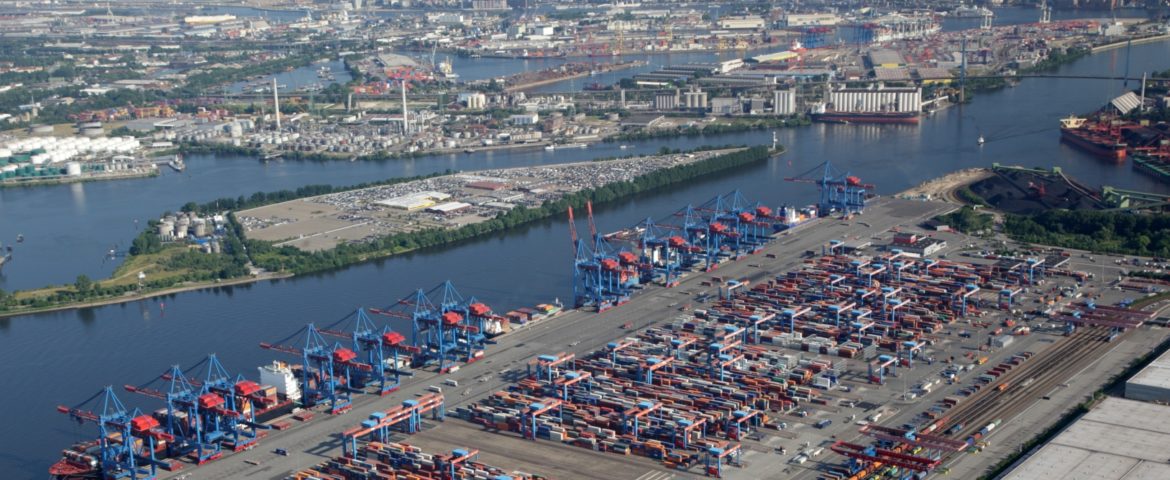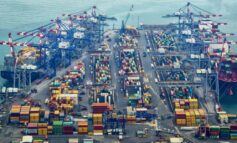By Peter de Langen
The news from end of May 2020 that HHLA (Hamburger Hafen und Logistik AG) and Eurogate are holding discussions on cooperating in the container segment in northern Germany, may well mark a turning point in the German Hanseatic port development tradition, comments Peter de Langen.
HHLA is the market leader in Hamburg, active internationally and in the hinterland and is listed on the stock market, but majority owned by the city state of Hamburg. Eurogate operates terminals in Bremerhaven, JadeWeserPort and Hamburg as well as outside Germany.
Eurogate is jointly owned by BLG, which in turn is majority owned by the city-state of Bremen and Eurokai, listed on the stock market and privately owned, in majority, by the Ecklemann family.
A serious cooperation initiative would have to include commercial cooperation. It is hard to see a workable model other than a merger of terminal activities in the three North German ports, perhaps with the sale of one of the terminals in view of competition concerns.
As ‘hineininterpretieren’ (hard to translate, something like ‘adding meaning without solid basis’) is my favourite German word, I would like to suggest that this initiative needs to be seen in the current global geopolitical context.
The Hanseatic model of an entrepreneurial state and strongly embedded companies has brought Northern Germany prosperity. Eurogate, BLG, Eurokai and HHLA have all successfully internationalised.
But since the 2009 economic crisis, results (as reflected in the development of the share price) have been modest, and the COVID-19 pandemic has hit companies in global logistics hard.
At the same time new global players have emerged often also with state-support. The market capitalization of BLG, Eurokai and HHLA combined is less than 20% of the capitalization of the Shanghai International Port Group – the largest terminal operator by market capitalisation.
Concerns have been raised about the risks of a Chinese buy-out of European companies, especially in critical infrastructures such as ports. In this context, it seems a sensible reflex to sit together and see if joining forces – thereby upending centuries of Hanseatic competition between Bremen and Hamburg – provides a better basis to survive and prosper in these turbulent times.
However, traditions are not without friction and controversy. The Bremen’s port association’s critical stance, and urge not to leave Bremen worse off, may turn out to be just a starter.
The article first published @Port Strategy













